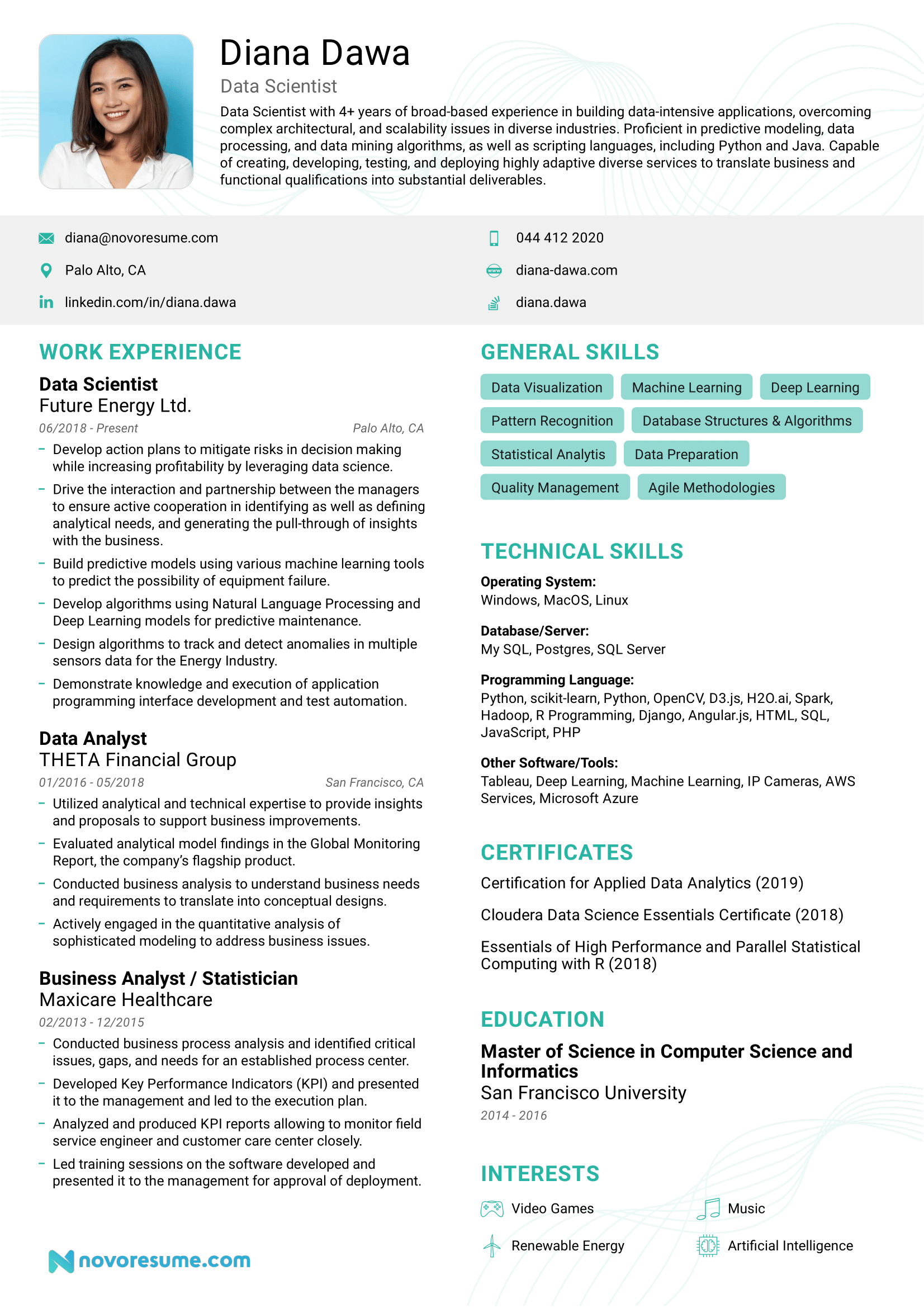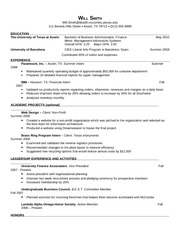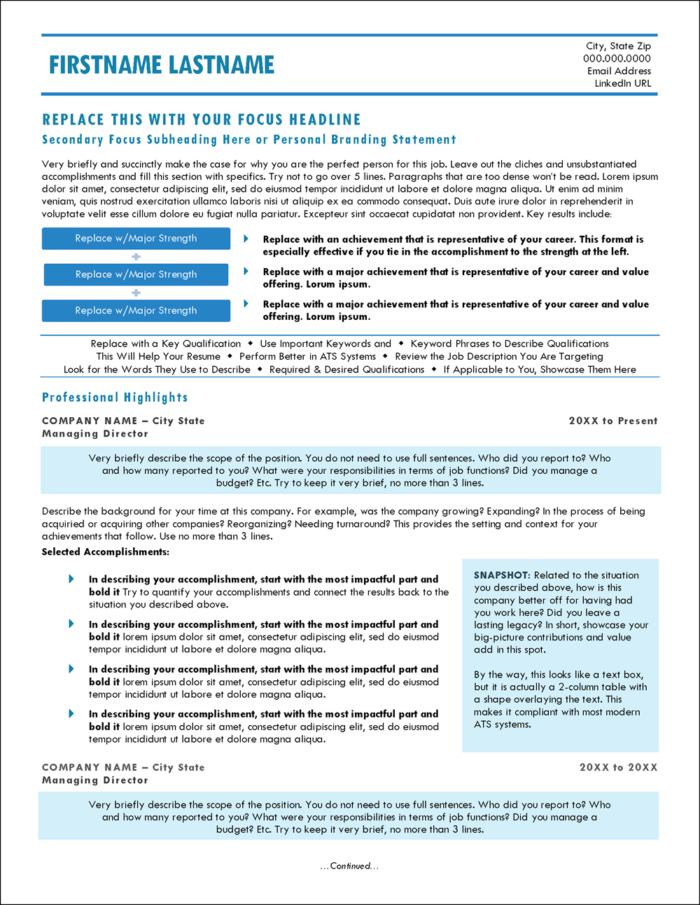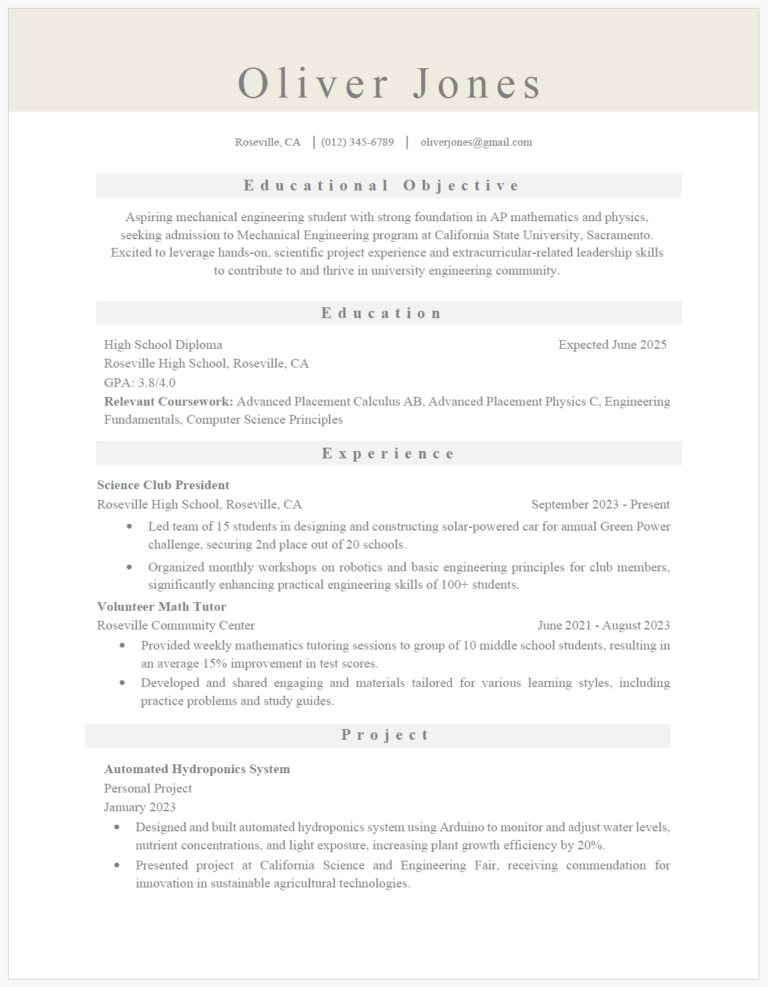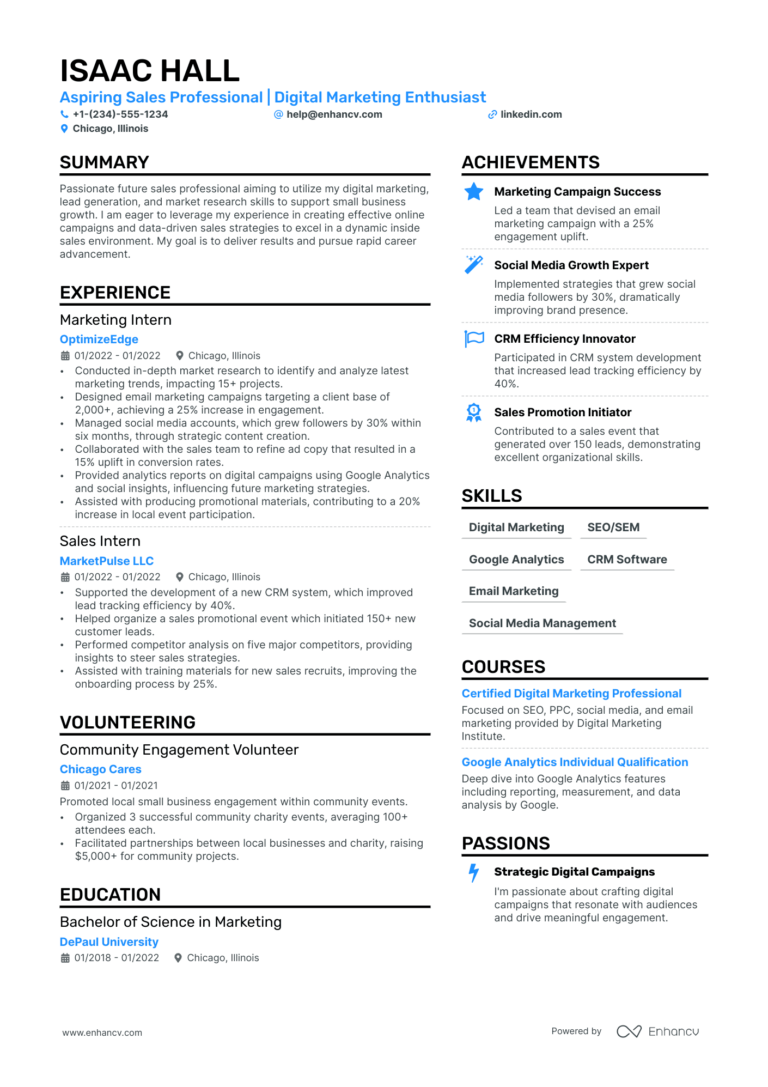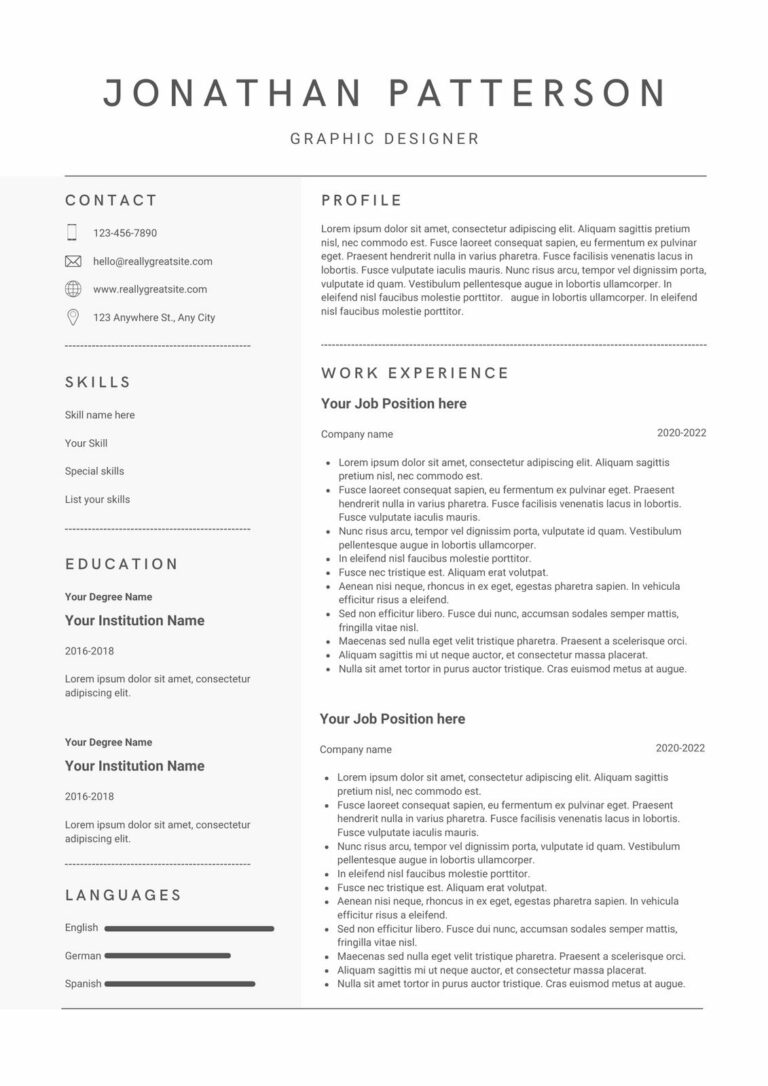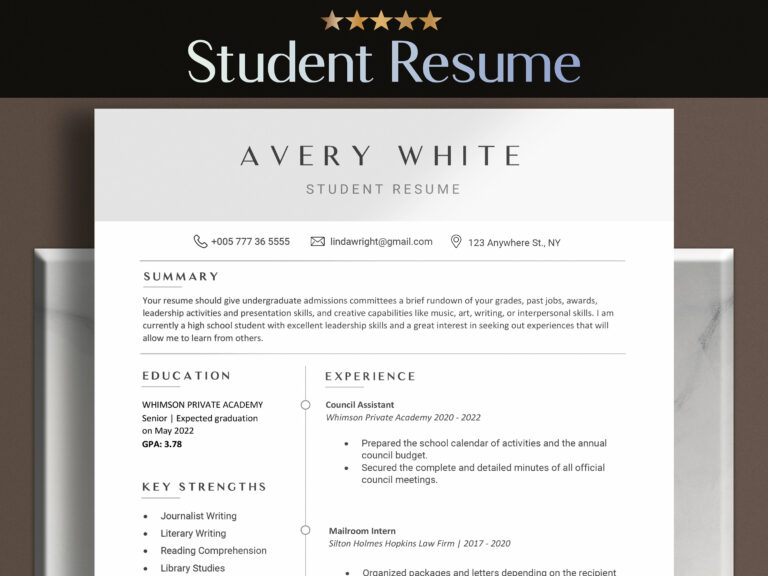A Professional Data Science Resume Template to Showcase Your Skills and Expertise
Crafting a compelling resume is crucial for any job seeker, and it’s especially important in the competitive field of data science. A well-structured resume can highlight your skills, experience, and qualifications, making you stand out from the crowd.
This comprehensive guide will provide you with a step-by-step framework to create a data science resume that will grab the attention of hiring managers. From crafting a strong header and contact information to showcasing your projects and experience, we’ll cover all the essential elements to help you land your dream data science role.
Summary and Objective

Craft a concise summary that encapsulates your key skills, experience, and aspirations. Tailor your objective to align with the specific requirements of the job you’re applying for.
Summary
- Highlight your most relevant skills and experience, using action verbs and quantifiable results.
- Keep it brief and to the point, around 3-5 sentences.
Objective
- State your career goals and how they align with the company’s needs.
- Research the company and position to tailor your objective accordingly.
Awards and Recognition
Including awards and recognition on your resume is a great way to demonstrate your accomplishments and build credibility. When selecting awards to include, focus on those that are relevant to your field and highlight your skills and abilities.
When describing your awards, be sure to include the name of the award, the organization that gave it to you, and the year you received it. You should also briefly explain why you received the award and what it signifies.
- Academic Awards: These awards recognize your academic achievements, such as your GPA, class rank, or Dean’s List status.
- Industry Awards: These awards are given by professional organizations in your field to recognize your contributions to the industry.
- Community Service Awards: These awards recognize your volunteer work and commitment to your community.
Additional Sections
Beyond the core sections, consider including additional sections to showcase your diverse skills and experiences.
These optional sections can enhance your resume and make you stand out from the crowd.
Publications
List any academic papers, conference proceedings, or other publications you have authored or co-authored. Publications demonstrate your research abilities, subject matter expertise, and ability to communicate complex ideas clearly.
Presentations
Highlight presentations you have given at conferences, industry events, or university seminars. Presentations showcase your communication skills, public speaking abilities, and knowledge sharing capabilities.
Volunteer Experience
Volunteer experience can showcase your commitment to your community and your passion for using your skills to make a difference. Highlight volunteer roles that are relevant to data science, such as data analysis, data visualization, or data management.
Helpful Answers
What is the most important section of a data science resume?
The summary and objective section is the most important section of a data science resume. It provides a concise overview of your skills, experience, and career goals, and it’s the first thing that hiring managers will read.
How long should a data science resume be?
A data science resume should be no longer than one page. Hiring managers typically spend only a few seconds scanning each resume, so it’s important to make sure that your resume is concise and easy to read.
What are some common mistakes to avoid on a data science resume?
Some common mistakes to avoid on a data science resume include: using too much jargon, not quantifying your accomplishments, and not tailoring your resume to the specific job you’re applying for.
